When following a ketogenic diet, you can still enjoy some alcoholic beverages that are low in carbohydrates, such as distilled spirits and light beers. However, drinks high in carbs and sugars — including many mixed cocktails — generally do not fit within a keto plan.

The ketogenic (keto) eating approach is a low-carbohydrate, high-fat regimen many people use to lose weight and support health improvements.
Meal planning is often required to maintain your daily carb limit and keep your body in ketosis. That can mean giving up sweets, many snack foods, and other high-carb treats like sugary sodas and certain alcoholic drinks.
That said, there are numerous low-carb alcoholic choices you can enjoy in moderation while on keto.
This article outlines the best and worst alcoholic beverages to pick while following a ketogenic diet.
Keto-friendly alcoholic drinks
There are several low-carb alcohol options suitable for a keto diet.
For example, unflavored distilled spirits such as whiskey, gin, tequila, rum, and vodka contain zero carbs.
You can consume them neat or mix them with low-carb mixers to enhance flavor.
Wines and light beers also tend to be relatively low in carbohydrates — typically under about 6 grams per serving.
Below is a comparison of common keto-friendly drinks (, , , , , , , 8, , , , ):
| Type of drink | Serving size (in ounces and milliliters) | Carb content (in grams) |
|---|---|---|
| rum | 1.5 oz (44 mL) | 0 g |
| vodka | 1.5 oz (44 mL) | 0 g |
| gin | 1.5 oz (44 mL) | 0 g |
| tequila | 1.5 oz (44 mL) | 0 g |
| whiskey | 1.5 oz (44 mL) | 0 g |
| flavored martini or cosmopolitan | 3.3 oz (100 mL) | 6.66 g |
| bloody Mary | 5 oz (150 mL) | 5.70 g |
| red wine | 5 oz (150 mL) | 3.92 g |
| white wine | 5 oz (150 mL) | 3.90 g |
| light beer | 12 oz (360 mL) | 2.63 g–5.90 g |
SummaryDistilled spirits such as rum, vodka, gin, tequila, and whiskey have no carbs. Wines, light beers, and certain cocktails can be comparatively low in carbohydrates.
Low carb mixers
Selecting the right mixers is as important as choosing the alcohol itself.
Common mixers like regular soda, fruit juices, syrups, and energy drinks can rapidly convert a carb-free spirit into a high-carb beverage.
Choose low-carb mixers instead, such as diet sodas, seltzer, diet tonic water, or powdered flavor packets. These options help keep carbs down while improving flavor.
Below are carb amounts for a few keto-friendly mixers (, , , , , ):
| Type of mixer | Serving size | Carb content (in grams) |
|---|---|---|
| diet cola | 12 oz (360 mL) | 1.04 g |
| diet ginger ale | 12 oz (360 mL) | 0 g |
| plain carbonated water, like seltzer | 12 oz (360 mL) | 0 g |
| sweetened carbonated water, like diet tonic water | 12 oz (360 mL) | 0 g |
| powdered drink mixes, like Crystal Light or Wyler’s Light | 1 packet (2 g) | 1.75 g |
SummaryLow-carb mixers — diet sodas, carbonated water, and powdered flavor packets — help minimize the carbohydrate load of your drink.
High carb drinks to avoid
Many alcoholic beverages are high in carbs, with some containing more than 30 grams per serving.
Cocktails and mixed drinks often depend on sugary components such as soda, juices, sweeteners, or flavored syrups.
Regular beer, brewed from grains, can also contain over 12 grams of carbs in a single can.
Here’s a look at carb counts for several popular alcoholic drinks—avoid these if you’re following keto (8, , , , , ):
| Type of drink | Serving size (in ounces and milliliters) | Carb content (in grams) |
|---|---|---|
| whiskey sour | 3 oz (90 mL) | 14.49 g |
| margarita | 4 oz (120 mL) | 19.32 g |
| piña colada | 4.3 oz (130 mL) | 25.35 g |
| red sangria | 7.6 oz (228 mL) | 18.80 g |
| regular beer | 12 oz (355 mL) | 12.80 g |
Also remember that bar or restaurant servings are often much larger than the standard serving sizes listed here.
SummaryCocktails, mixed drinks, and regular beers frequently contain more than 10 grams of carbs per serving and are best avoided while on a keto eating plan.
Why moderation matters
Even though several low-carb, keto-friendly alcoholic options exist, that doesn’t mean they should be consumed regularly.
Low-carb alcoholic drinks still provide many “empty” calories — calories without significant protein, fiber, vitamins, or minerals.
Excessive drinking can raise the risk of nutrient shortfalls over time and may promote weight gain.
For instance, an 8-year study of 49,324 women found that consuming at least two alcoholic drinks per day was linked with a higher risk of considerable weight gain compared with light or moderate consumption.
Alcohol can also inhibit fat oxidation and encourage the body to store surplus calories as adipose tissue (25).
Heavy drinking is additionally associated with other serious health risks, including liver disease, certain cancers, and cardiovascular problems (, 27, 28, ).
Because of these risks, it’s advisable to limit alcohol to moderate levels — defined as up to one drink per day for women and up to two per day for men.
SummaryEven low-carb alcoholic choices can contribute to weight gain, nutrient deficiencies, and serious health issues if overused, so moderation is important.
The bottom line
On a keto diet, you still have many low-carb alcoholic options.
Distilled spirits, certain wines, and light beers typically provide minimal to no carbs per serving. Pair them with low-carb mixers like diet soda, seltzer, or diet tonic water to keep carbs down.
Nevertheless, regardless of dietary approach, it’s wise to limit alcohol consumption to avoid negative health consequences.


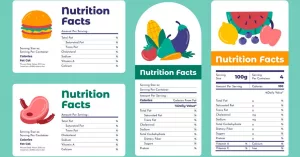
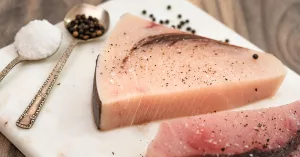
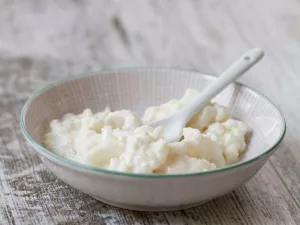


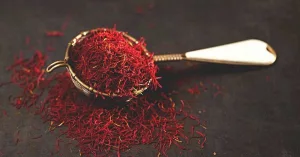
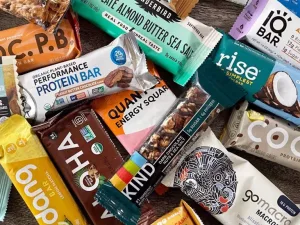
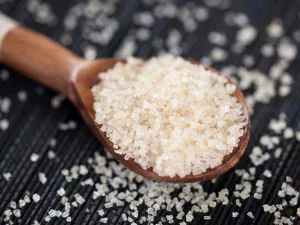
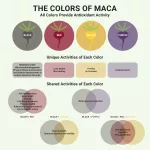













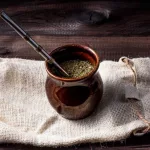
Leave a Reply
You must be logged in to post a comment.